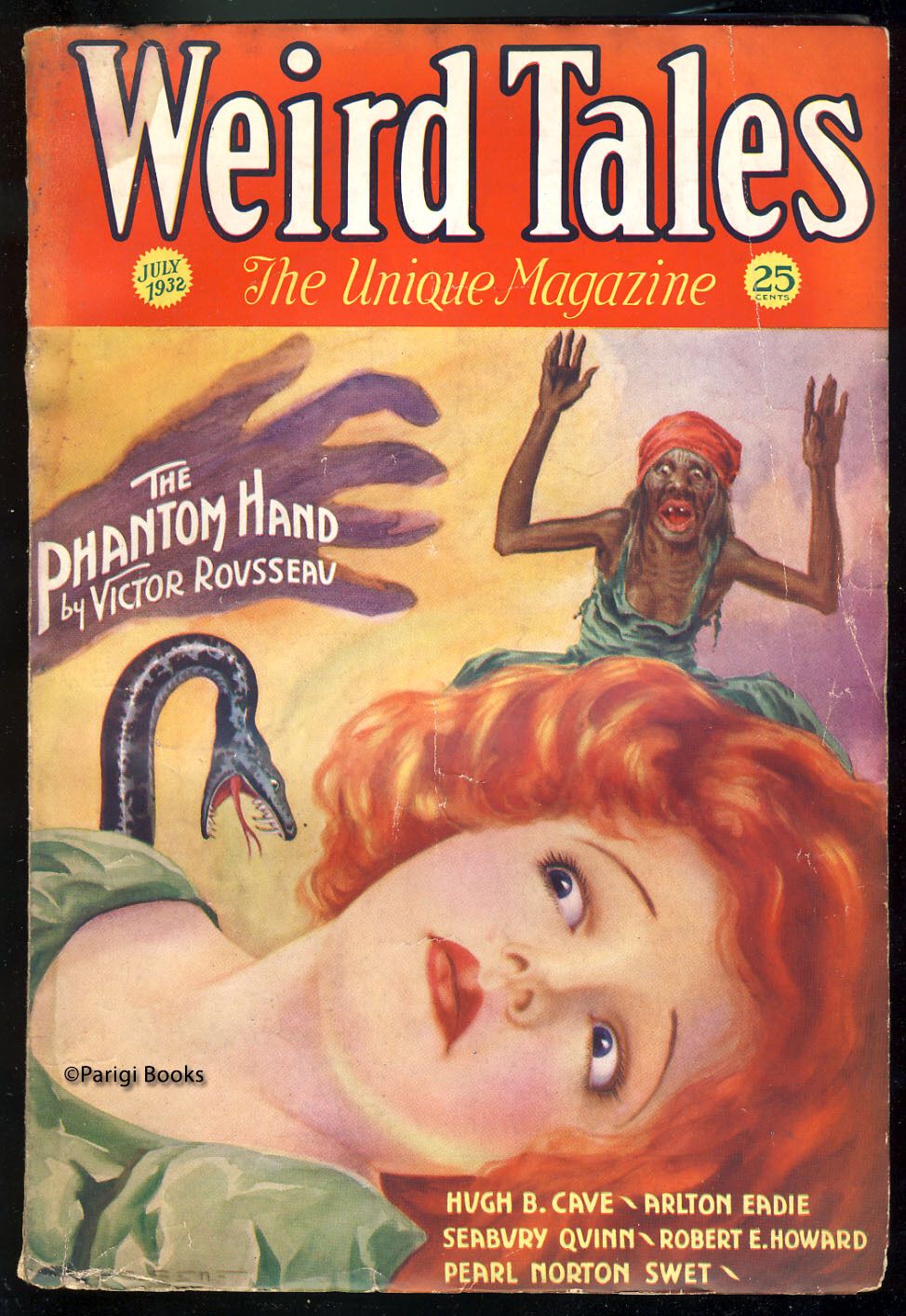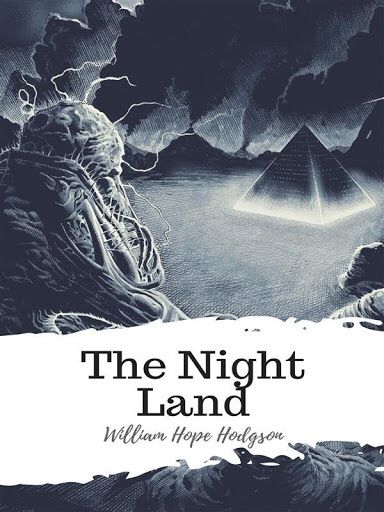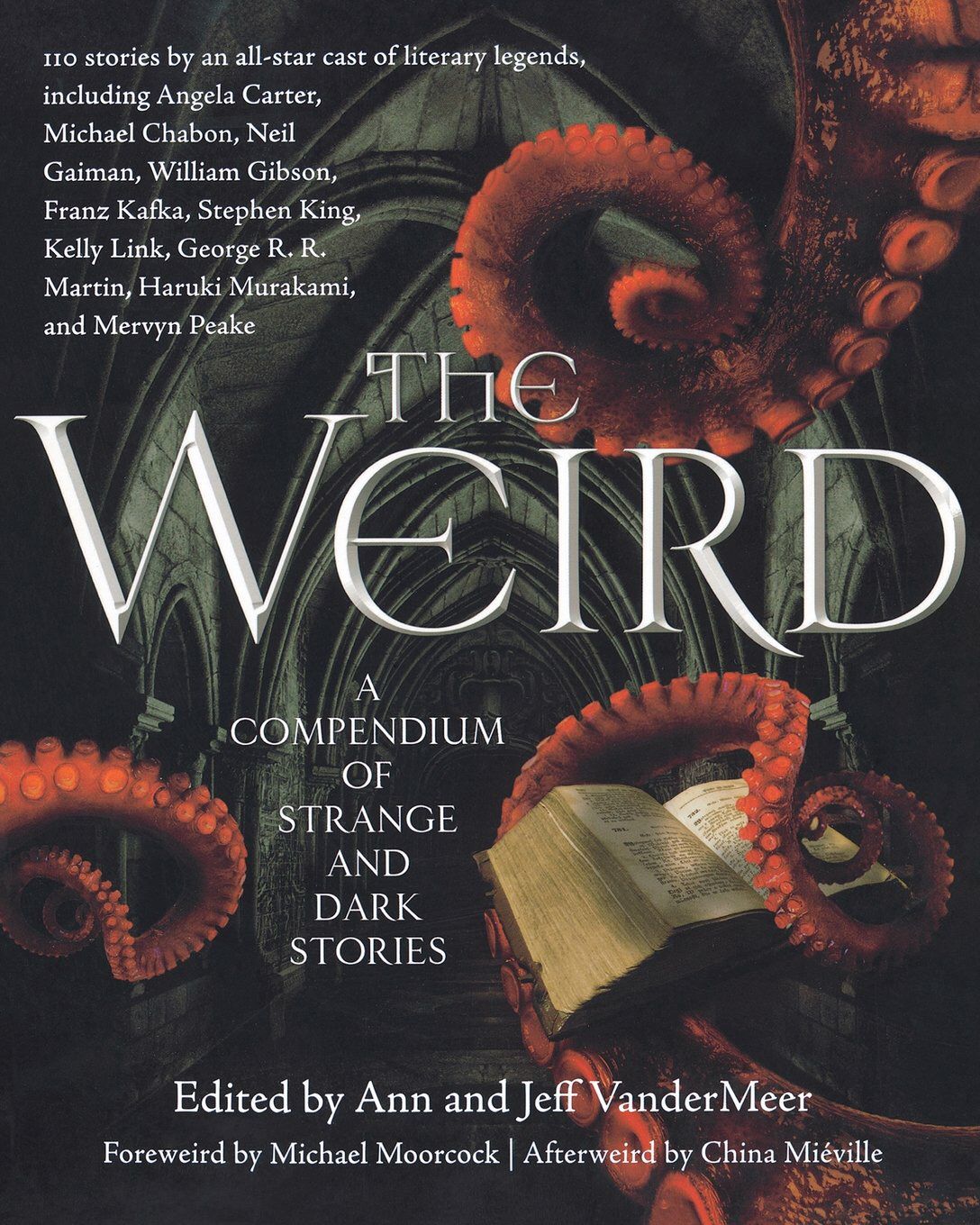Weird Fiction / New Weird

Cosmic spiders. Octopus gods. Back-alley narcotics that let you access other people's dreams. Ravaged, forlorn landscapes strewn with rubbish, populated only by beings so alien, so distinct from anything you've ever experienced before, so novel in their horror that you can't even find the words to describe them.
That would be as good a place as any to start if we're going to talk about Weird Fiction and the New Weird – the idea that something could be so utterly numinous or terrifying that we can't even put it to words. Which presents a challenge because we suffix the word 'Weird' with this other word called 'Fiction' which is literally about putting words to ideas to tell stories.
But we've come to the central philosophy of the Weird, if there is one.
The Weird is all about stories so singular and unique that they wouldn't really fall into any of the other speculative fiction categories very comfortably. Through that, it essentially becomes a sort of umbrella-genre for a variety of different subgenres that populate spec-fic.
The three most iconic writers in the history of this genre would be Robert E. Howard, most well known as the founding father of the sword-and-sorcery subgenre but a significant contributor to the early weird mythos, Clark Ashton Smith, a poet and closet pulp fantasist who wrote a stunning amount of very austere, majestic yet terrifying short stories and H.P. Lovecraft, whom I'm sure you've all heard about.

In fact, it is Lovecraft with his puissant, tentacular cosmic deities who toy with the lives of hapless mortals below, who provided a sort of base for this fledgling genre to grow as many writers, including Howard and Smith began to contribute to the Lovecraftian 'mythos', an often inconsistent but consistently horrifying pantheon of cosmic gods, goddesses, demons and those which cannot be named.
This reference to Lovecraft-Smith-Howard as being the originators of this genre will be a controversial statement among Weird enthusiasts as many writers before dabbled in the tropes we've all come to identify as being characteristic of the weird. Among them are William Hope Hodgson with his Night Lands and George MacDonald.
To say that there is, or ever was, any strong sense of homogeneity within this genre would be to go against what the idea of the weird represents. True, there are some things writers in this tradition love returning to: cosmic space-gods, aliens who neither want to be our friends or to shoot at us with ray guns because their concept of life is so unique and removed from ours that it wouldn't even be conceivable, ancient grimoires that would drive any curious reader mad if her mind isn't strong enough to encounter these ideas, tainted family bloodlines, long dead civilizations come back to haunt us and so on.
All that said, the Weird has always been an incredibly diverse field of ideas. It is possible to read a Lovecraft story, a Howard story, a Smith story, a Mervyn Peake story and a Hodgson story (which is an event in itself, let me warn you) and have no conception of any of them belonging to the same genre. Which is rather the point.
The jump from Weird to New Weird is not a very large one. It would, however, be a little too limiting to posit that the New Weird refers simply to newer writers writing Weird fiction. A proper definition of the New Weird as a literary movement is something that we've been struggling with since its inception and we still haven't quite managed to perfect yet.

Jeff VanderMeer, co-editor of the seminal The New Weird anthology defines it as such in its introduction: "a type of urban, secondary-world fiction that subverts the romanticized ideas about place found in traditional fantasy, largely by choosing realistic, complex real-world models as the jumping off point for creation of settings that may combine elements of both science fiction and fantasy."
It may never be easy to define what exactly it is but some of the common elements writers in this tradition dabble in are cities, slipstream combinations of science-fiction, fantasy and horror, postmodern (though this is controversial) subversions of existing tropes within those genres and, oddly enough, drugs.
A few iconic writers within this genre are Jeff VanderMeer, China Mieville (a literary mentor of mine), Paolo Bacigalupi, K.J. Bishop and so on. L.S. Johnson is another personal favourite author of mine, though less well known.
The New Weird is also, in some senses, an umbrella genre – a gateway to the stranger side of speculative fiction. Mythpunk, salvagepunk, some strains of Bizarro fiction, cosmic horror.
What lead me to write this sort of stuff? I'm not entirely sure and I don't think any of us who write this stuff ever are. The early Weird was characterized by a rigid (and often racist) paranoia about the changing world around those writing the story. That feeling has bled down through the years and still, I believe, drenches us today. We are not all reactionary writers but we are not comfortable in the environment around us. I do not dream and so do not write about bright, halcyon futures, technological progress, summer lands and sweet wine, dragons, maidens, spaceships and space princesses.

Yes, my Weird Fiction is my pessimism on paper. But that doesn't mean we write stories without hope. We just don't write about heroic archetypes. Our protagonists are struggling newspaper editors, ailing cafeteria lunch-ladies, thickset college professors and so on. We write about incredibly ordinary people facing indescribable circumstances, contacting beings they can't begin to understand, sometimes living, sometimes dying and sometimes going mad from fear.
A little like life, yes.

Example of Weird Fiction on Wattpad:
The Queen of Cats by maybeiwas2shy
Synopsis:
Dark things swarm around the city. Newspaper-boys are lured into houses, strange mansions whisper into musicians' ears, old men tell tales of vampires, drums boom in the Savannah, children worship false gods and priests begin to question the very foundations of the universe. And all this has something to do with a girl who has no name and a cat whose name nobody knows. A dark, surreal adventure, this book is my flawed tribute to weird-fiction and the writers who made me.
Excerpt:
A corpse floats under the sea. She does not remember what she thought last, with her tribal hair and her dark eyes and her little ribbon. But she is there. In that little death. In that brief moment she has to spend before she dissipates into the ether.
Before the monsters catch her.
Sleep has been with her for long and she has seen much more than she needed to have seen for she was a sleeper. She killed her own granddaughter here. And for what? So that the next one could take her place and finish what she started.
With her feeble mind and her corpse of a body she seeks out her counterpart. He is waiting.
"Lord of the flies." she says.
"HAUNTINGLY HAUNT OH HAUNT BEAUTIFUL QUEEN OF CATS..." he says.
She smiles. "That isn't me. Not for much longer."

More on New Weird | Weird Fiction:
Michael Moir on Weird Fiction | Georgia Southwestern State University online course
https://youtu.be/2svyW-ka9fE
Inside the Imagination of China Mieville | Perth Writers Festival
https://youtu.be/GaaFun09At0
Music
https://youtu.be/J_ubETxMicc
Bạn đang đọc truyện trên: AzTruyen.Top